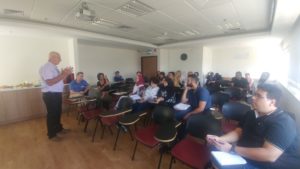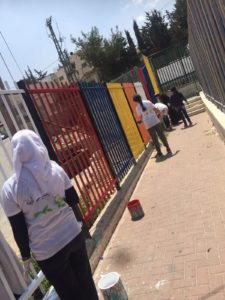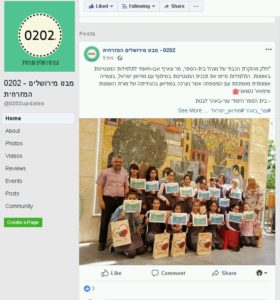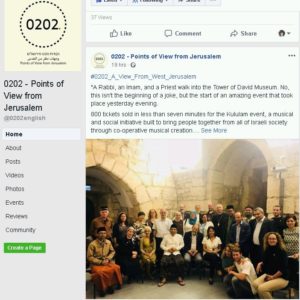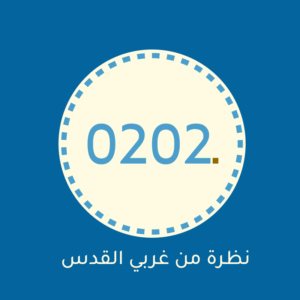Celebrating a Decade of Cultural Competence – Third Lecture in a Series
We’ve reported here about Cultural Competency’s 10th anniversary year, which we’re celebrating with a series of lectures at the ALYN Rehabilitative Hospital. On Monday, June 25 we heard the third lecture, by Mr. Kassim Baddarni, Director of the El-Taj organization that advocates for Muslim patients.
In his lecture entitled, “Care for the Muslim Patient – between Competence and Apathy.” He spoke about cultural, linguistic and religious principles that affect care for Muslim patients, and what they require for the most effective care. He also spoke about what is permitted and forbidden in medical care according to Islam. These can be divided into 4 principles:
- The need cancels out the prohibition. Thus, for example, it’s permissible to get insulin shots or take medication that contains alcohol (which is usually forbidden in Islam), since these treatments are irreplaceable.
- Abstention from anything that harms the body physically or emotionally, such as smoking or any other risk factor.
- When faced with a situation that presents two acts that are generally forbidden under Islam, one should choose the act that does less harm, such as an abortion that aims to save the mother’s life.
- The public good comes before personal benefit. Thus, giving blood and donating organs are allowed and encouraged.
Many thanks to ALYN for being the trailblazers of Cultural Competency a decade ago, and for the use of their space this year. And of course many thanks to the Jerusalem Foundation for their strategic partnership in Cultural Competency since the conception of the program.

